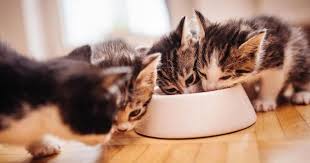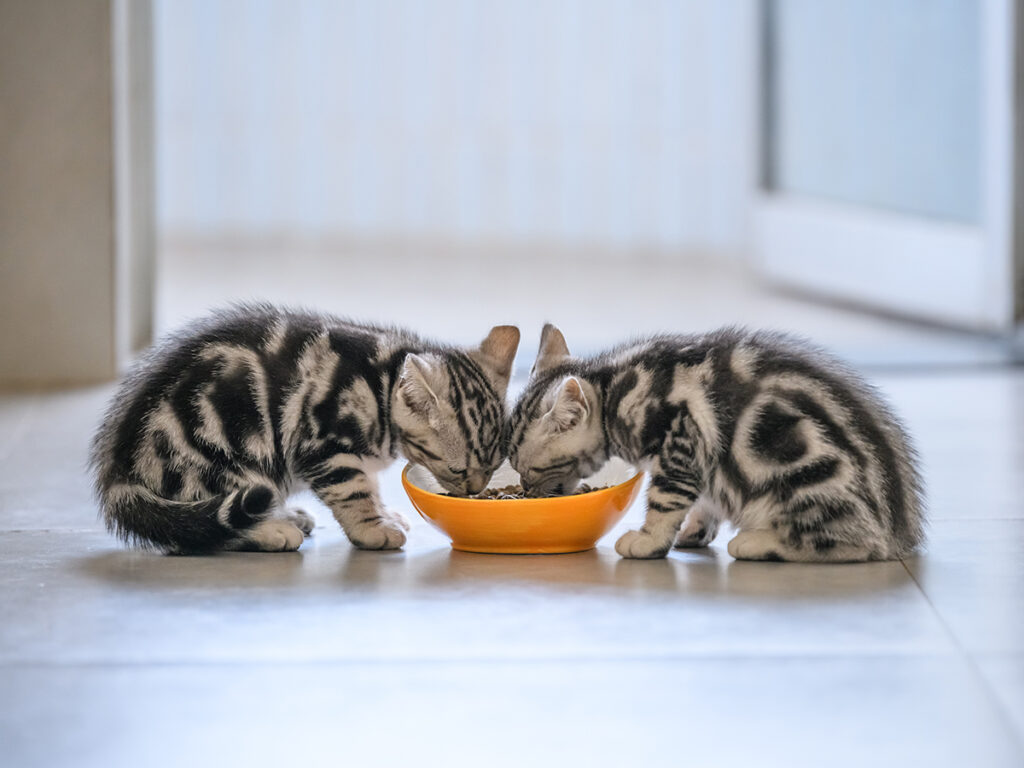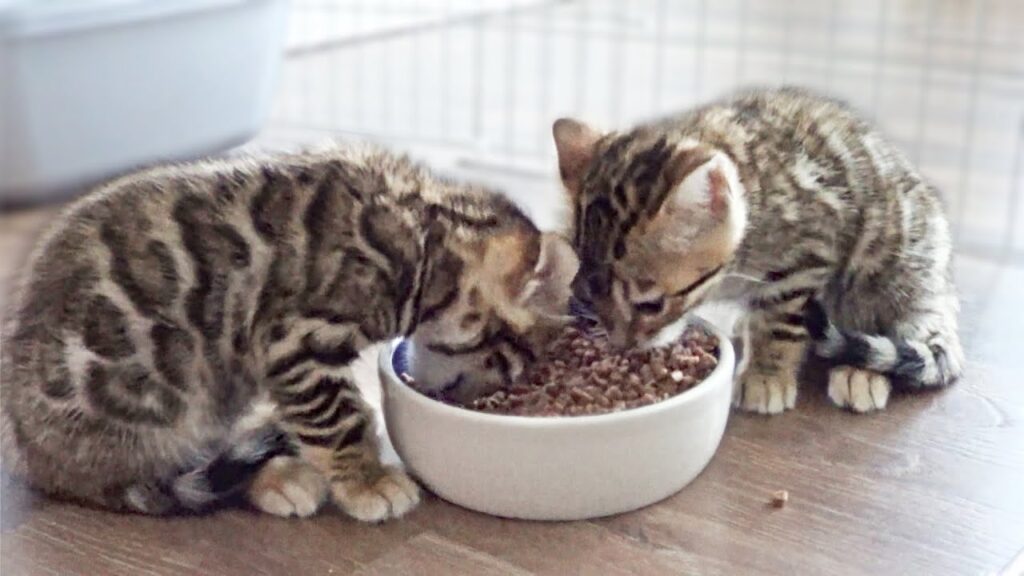Proper nutrition is essential for the health and development of kittens. Providing the right nutrients ensures they grow into healthy adult cats. This guide explores the key aspects of kitten nutrition to help you make informed choices for your feline companion.
Why Nutrition Matters for Kittens
Nutrition plays a crucial role in every stage of a kitten’s life, from supporting growth to maintaining overall health. Here’s why it’s important:
- Supports Growth: Kittens undergo rapid growth and development, requiring specific nutrients like protein, fats, and vitamins.
- Builds Immunity: A well-balanced diet strengthens their immune system, protecting them from illnesses.
- Promotes Digestive Health: Proper nutrition aids in digestion and nutrient absorption, preventing digestive issues.
Essential Nutrients for Kittens
To support your kitten’s health, their diet should include:

- Protein: Essential for muscle development and tissue repair. Look for high-quality sources like chicken or turkey.
- Fats: Provide energy and support skin and coat health. Opt for sources rich in omega-3 and omega-6 fatty acids.
- Vitamins and Minerals: Ensure they get a balance of vitamins A, D, E, and minerals like calcium and phosphorus for bone health.
Choosing the Right Kitten Food
Selecting the best food for your kitten can be overwhelming. Consider these factors:
- Quality Ingredients: Check for named meat sources and avoid fillers or by-products.
- Life Stage Formulation: Look for food specifically formulated for kittens to meet their unique nutritional needs.
- Consult with Your Vet: Your veterinarian can recommend the most suitable diet based on your kitten’s age, health status, and breed.
Feeding Schedule and Portions

Establishing a feeding schedule ensures your kitten gets consistent nutrition throughout the day:
- Frequency: Kittens generally need to eat more frequently than adult cats, about 3-4 meals a day.
- Portion Control: Follow the feeding guidelines on the food packaging and adjust based on your kitten’s growth and activity level.
Common Nutrition Issues in Kittens

Understanding potential issues can help you prevent nutritional deficiencies or overfeeding:
- Obesity: Avoid overfeeding and monitor weight gain to prevent obesity, which can lead to health problems.
- Allergies: Some kittens may have allergies to certain ingredients. Monitor for signs such as itching or digestive upset.
- Nutrient Imbalance: Ensure their diet is balanced to avoid deficiencies that could impact their growth and health.
Conclusion
Nutrition is the foundation of a healthy life for your kitten. By providing a balanced diet rich in essential nutrients and tailored to their needs, you can support their growth, immunity, and overall well-being. Consult with your veterinarian for personalized recommendations to ensure your kitten thrives.
By focusing on these key aspects of kitten nutrition, you can ensure your feline companion grows up healthy and happy.











